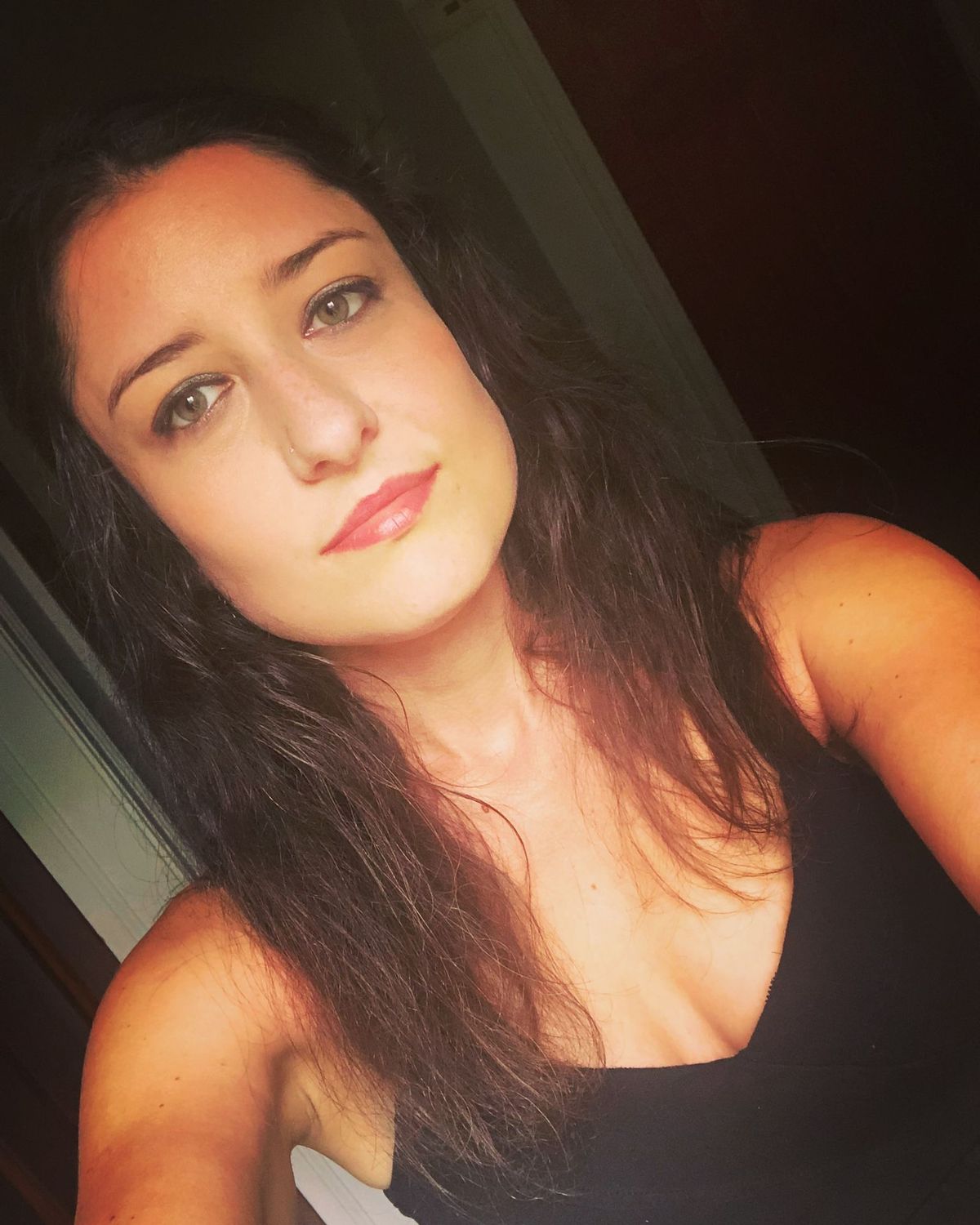I remember the first time I saw a vagina
on the white pitched walls of an art museum—
Columbus, Ohio, mid-afternoon. I was five, maybe
six, maybe a few months shy of my grandmother’s
cremation, the day after my goldfish, Rosie, jumped
down the disposal and my mother ushered me
from the kitchen before she turned it on.
I remember the curve of my little neck
upwards, that lush flesh on display, all swollen
and pink. I remember closing my lips
to the awe that overcame me, my mother finding
my hand to lead me toward the wing of still-lifes,
all those porcelain bowls filled with perfect fruit.
I’ve studied the metaphors of this womanhood,
learned the verses of ‘lady-like’, but I can’t stop staring
at the memory. I remember how unnamable was
the feeling of the rope that hung the disc swing
from my neighbor’s walnut tree as it caught
between my legs, the pleasure in that pressure
before dinner. I remember lying on the shag
green carpet of my bedroom, two days before
my bat mitzvah, bleeding onto the towel
I’d placed beneath me, the red dress I’d wear
at the celebration hung from the door almost
as bright a shade as this rite of passage,
the first time I realized that most deadly
weapons have once been covered in blood.
Jessica Fischoff is the editor of both [PANK] and American Poetry Journal and is the incoming recipient of The Donald Hall Poetry Scholarship at Bennington College. Her words appear in The Southampton Review, Kenyon Review, and Diode Poetry Journal.




